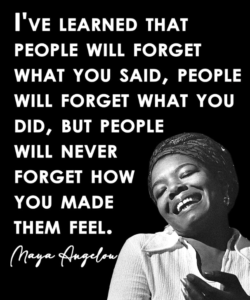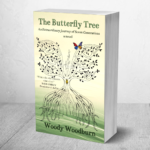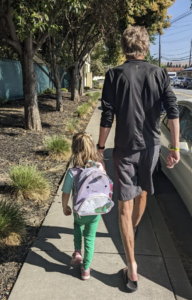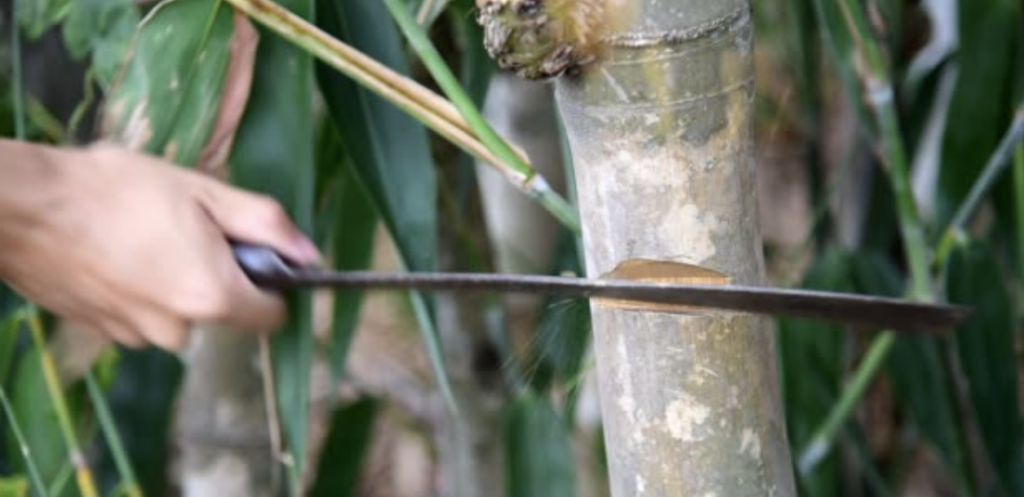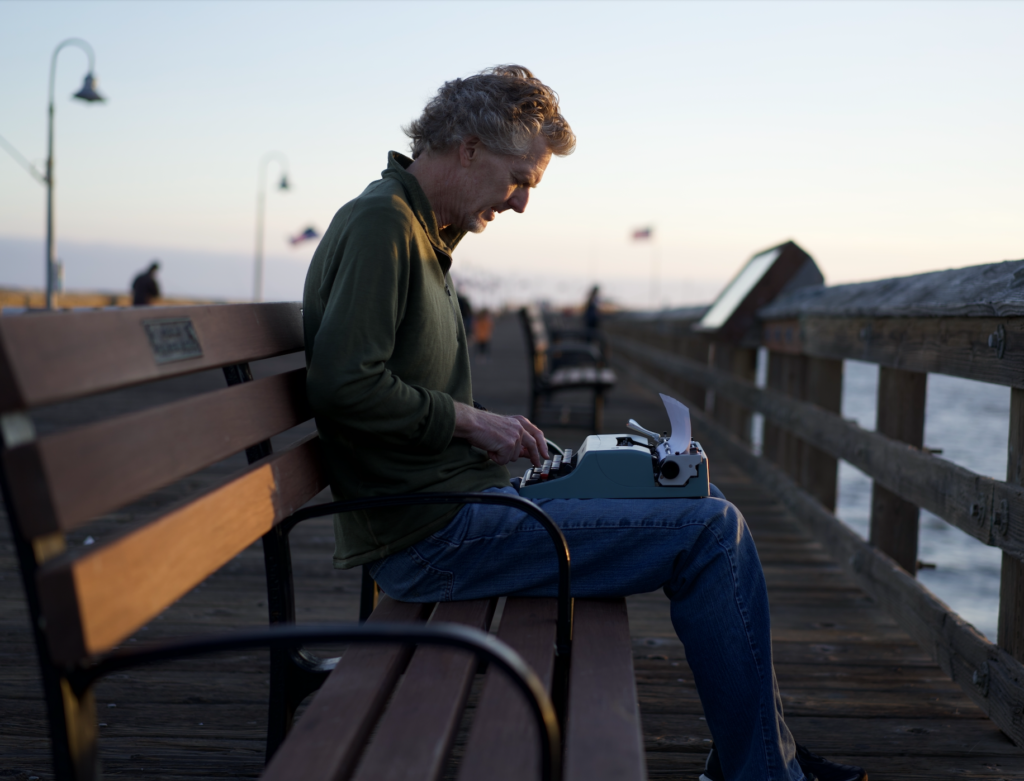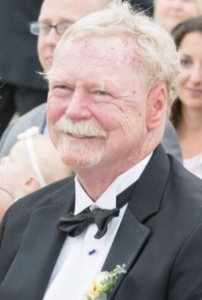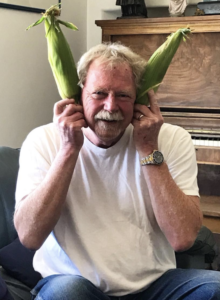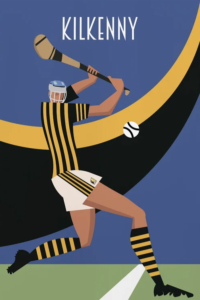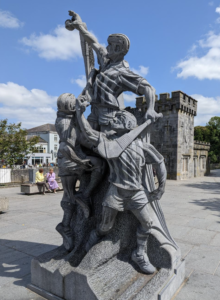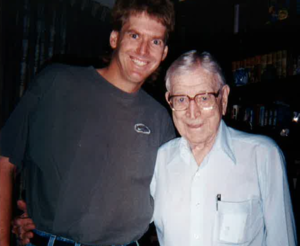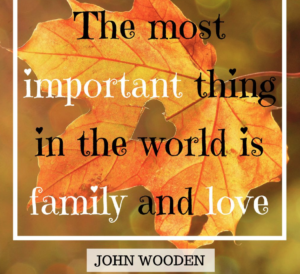Woody’s new novel “The Butterfly Tree” is available at Amazon (click here), other online retailers, and orderable at all bookshops.
*
“Tonight’s the night we make Greg shoot milk out his nose,” the 10-year-old oldest of three brothers whispered conspiratorially to the middle sibling, two years his junior, as the youngest boy and victim, age 5, sat across the dinner table totally unaware.
For nearly six decades I have remained in the dark that one of the most memorable meals in our family lore had been orchestrated, at my expense, by my two big brothers. With the statute of limitations for being grounded having long expired, Doug, the middle brother, recently confessed to the premeditation during a beautiful eulogy for Jim.
Though their plan was hatched hastily, it nonetheless was executed to perfection: when I started drinking greedily like a parched man lost in a desert, a wicked wisecrack was delivered and the resultant burst of laughter turned my nose into an Old Faithful-like geyser of chocolate milk. If you have never had milk spew out your nose, I do not recommend it for it stings so greatly as to make your eyes cry.
Here is something else I want to share from the “Celebration of Life” honoring Jim’s masterpiece span that was cut far too short by cancer (today, September 13, he would have turned 69): Never be so afraid of saying the wrong thing that you fail to say anything to those who are grieving.
Indeed, I have come to realize since Jim’s passing, and my 97-year-old father’s death only a few months prior also to despicable cancer, that any words of condolence are more appreciated than no words.
Even just a couple words can speak volumes and mean the world. When I posted my column about Jim’s death on Facebook, a dear friend posted a comment of exactly two words in full—“Oh, Woody”—that touched my heart deeply and brought to mind a line by Bodil Malmsten, a Swedish poet, who once conceded: “This hurts too much for words.”
When words hurt too much, just the simple expression “I’m sorry” is a welcomed balm for grief. As another friend says to the idea of worrying about saying something awkwardly: “When it is said from the heart, it will be received by the heart.”
Those who shared their own memories of Jim, in person or by note, warmed my heart more than they can know. Donations in his honor, flowers or planting a memorial tree, or dropping off meals were all likewise touching.
At the service, I am not sure which was a more powerful salve for the soul: seeing the familiar faces one knows, without question, would be there—or faces that were wonderfully unexpected. Of the latter was a teacher from my adult kids’ past who, despite it being a school day, hustled nearly a mile on foot to the church during lunch break to express his condolences before the memorial got underway and then raced back to class.
Being in a mourning fog, and also mentally rehearsing the eulogy I would shortly give, I do not recall exactly what our teacher friend said to me. And yet I will not forget that he, and every single person who expressed condolences in any fashion at all, made Maya Angelou’s often-quoted words ring true:
“I’ve learned that people will forget what you said, people will forget what you did, but people will never forget how you made them feel.”
Doug, meanwhile, made me wonderfully feel 5 years old again with his belated confession. Had I been drinking milk I surely would have snorted it out while once again laughing through my tears.
* * *
Essay copyrights Woody Woodburn
Woody’s new novel “The Butterfly Tree” is now available in paperback and eBook at Amazon (click here), other online bookstores, and is orderable at all bookshops.
*
Woody writes a weekly column for The Ventura County Star and can be contacted at


